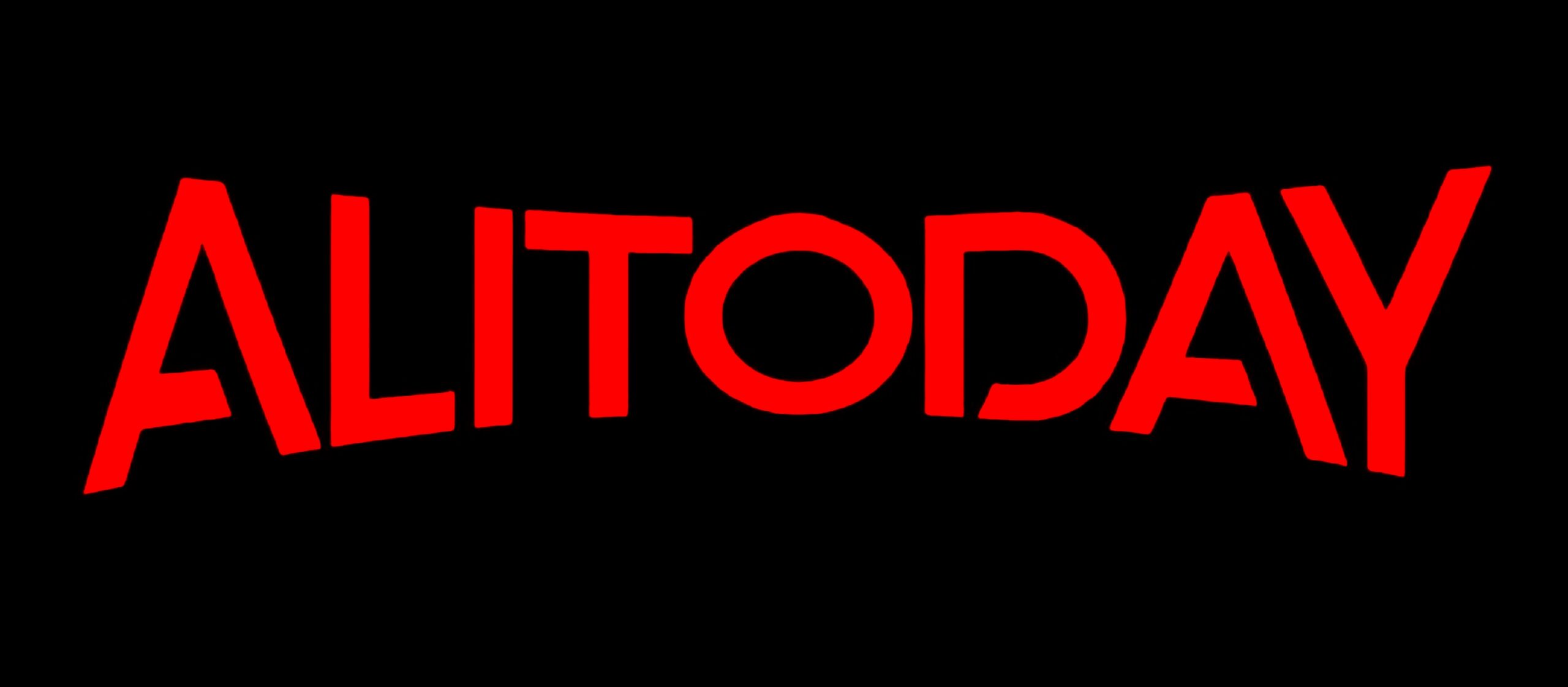As the U.S. economy wrapped up 2023 on a high note with increased growth, robust job numbers, and a three-year low in inflation, the prevailing Biden Credit sentiment among Americans seems to diverge from these positive indicators, according to recent polls and expert analysis.
Despite the encouraging economic metrics, a December 2023 Gallup poll revealed that 68% of Americans perceive the economy as worsening, with four in five adults rating current economic conditions as either “poor” or “fair.” Notably, only 19% of respondents considered the economy to be “good,” highlighting a disconnect between economic data and public perception.
Selcuk Eren, a senior economist at The Conference Board, suggests that the discrepancy between economic data and public sentiment could be attributed to the tangible impact of inflation on everyday expenses like groceries and rent, leading many individuals to overlook broader economic trends.
Read More | US to Announce Billions in Subsidies for Advanced Chips, WSJ Reports
A January 2024 poll further illuminates this divide, showing that a significant portion of Americans across political affiliations view the economy negatively. While 90% of Republicans, 74% of independents, and 49% of Democrats perceive the economy as troubled, only 31% approve of President Biden’s handling of the economy, with 56% expressing disapproval.
However, Justin Wolfers, a professor of public policy and economics at the University of Michigan, challenges the accuracy of polls, noting that consumer spending patterns indicate a more optimistic outlook. Wolfers highlights that consumer spending remains robust, suggesting a belief in the economy’s resilience and future prosperity.
Read More | 80% of US Companies Plan to Track Office Attendance in 2024, Survey Finds
Greg Ip, chief economics commentator at The Wall Street Journal, underscores the influence of political biases on perceptions of the economy. Ip suggests that individuals’ opinions on the economy often reflect their feelings toward the current administration, leading to inconsistencies in polling data.
Selcuk Eren emphasizes the role of government intervention in sustaining economic growth, citing policies implemented by both President Biden and his predecessor, Donald Trump. Measures such as the Inflation Reduction Act of 2022 and pandemic-era relief efforts, including extended unemployment benefits and direct payments to households, have bolstered economic recovery.
Despite these positive developments, the expiration of pandemic-related benefits, such as student loan payment suspensions, may contribute to a sense of economic unease among some Americans.
Read More | These US States Have the Most Remote Workers
Nevertheless, there are signs of optimism regarding inflation, which has declined to approximately 3%, its lowest level in three years. A January 2024 survey indicates growing consumer confidence in the trajectory of inflation, suggesting a potential convergence between public perception and economic realities.
In summary, while economic indicators point to a favorable outlook, public sentiment remains mixed, influenced by factors such as inflationary pressures, political biases, and the evolving landscape of government interventions.



